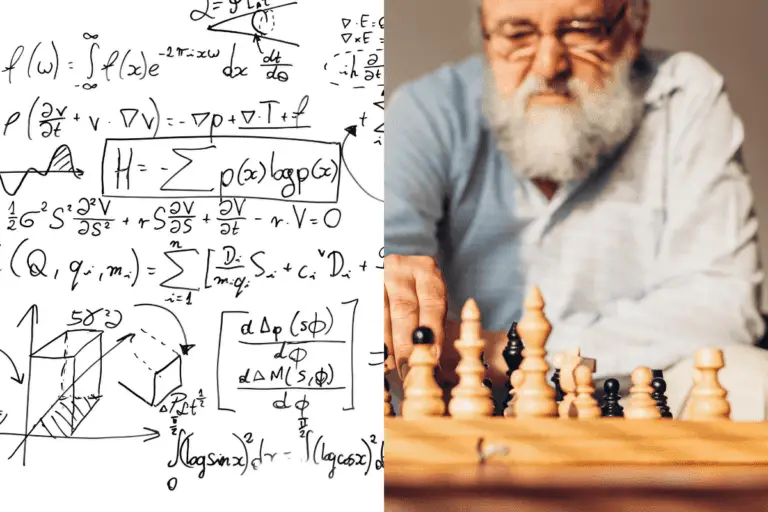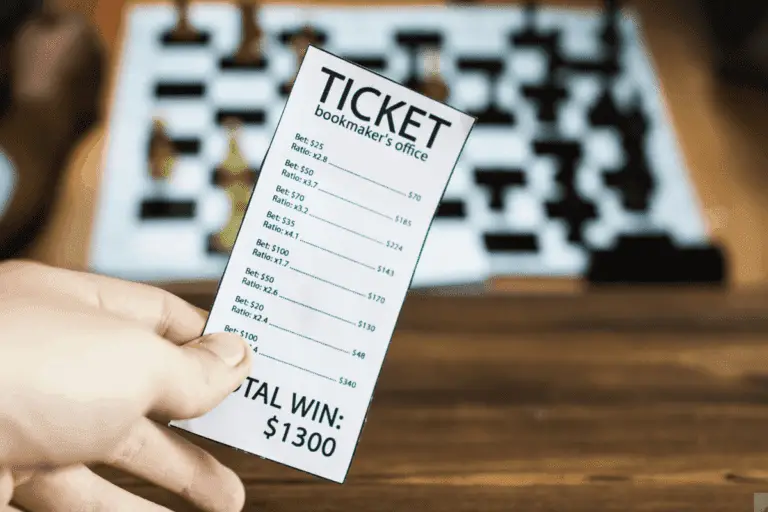Top 10 Reasons That Chess is a Sport (And Boxing)
⭐⭐⭐ Take 7 minutes to read and improve your chess game ➡️ : This article was first published on, and is Copyright of Chessquestions.com
Whether you think it’s a game or not, the Olympic Committee says that chess is indeed a sport! But what does this actually mean? Sport is defined as an activity involving physical exertion and skill in which an individual or team competes against another. The Olympic Committee recognizes chess as one of these activities, but don’t worry if you’re not convinced yet – keep reading to find out if chess really is a sport.
Chess is officially recognized as a genuine sport by the Olympic Committee for being a game of skill, widely practiced worldwide and having competitors from a number of different countries playing competitively as individuals or teams against each other.
So there you have it. Do you still have doubts about the status of chess? Let’s take a look into the FACTS that makes the great game of chess and its elite players, a sport and sportsmen and women.
Official Definition of a Sport (Does Chess Comply?)
The Oxford Dictionary defines sport as “an activity involving physical exertion and skill in which an individual or a team competes against another or others for entertainment”. No doubt chess falls into a number of those criteria.
What they have left out is addiction, frustration, and despair, of course, something every chess player has felt at some point or another.
So let’s go through the elements and physical activities of the definition of sport, just to be sure and make it perfectly clear to those that still may be on the side of why chess isn’t a sport.
What Elements of Chess Qualify it as a Sport?
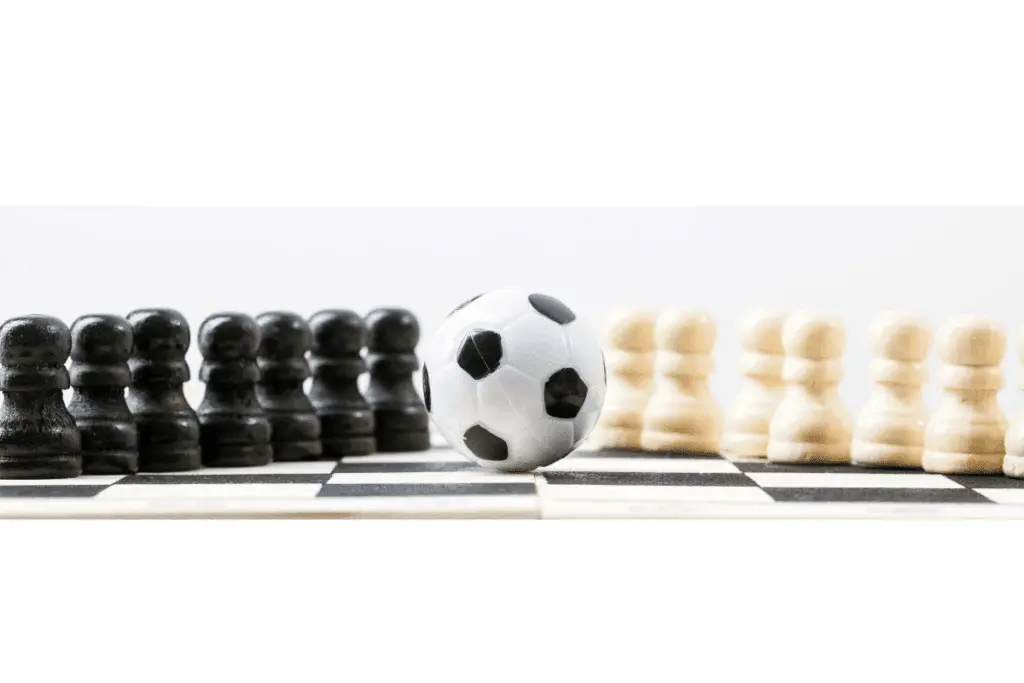
Picking apart the official definition of sport, we can pull out several parts and use them, and to that, I am going to add some other things that make it indisputably sporting to play chess.
If chess wasn’t a sport it would mean that the game is not a competition, it does not have a physical aspect to it and there is no set of rules.
That should be enough to settle the argument, but let’s crack on and prove this beyond a shadow of a doubt with the top 10 supporting reasons.
1. Chess Involves Skill
Chess is a very skillful game and takes years of training, practice, and dedication to master.
Here are just 9 examples of various skills required involved in the sport of chess, I’ve literally just thrown them together in ten-seconds off the top of my head, and I am sure we could come up with a dozen more, so diverse are the abilities required to reach the very top of the competitive chess world.
- Strategic Thinking
- Problem Solving
- Pattern Recognition
- Sportsmanship
- Patience
- Calm
- Creative Thinking
- Tactical Mindset
- Strategic Planning
Most sports require only one skill or a minimal skillset that is perfected, whereas chess requires mastery in a whole range of skills
2. Chess is Played Competitively in Various Forms
Competitive chess is played all over the world for entertainment, status, and money. Competitive chess is rated, and professional players have rankings that are calculated using their ratings.
The World Chess Federation is the formal governing body for competitive chess internationally (FIDE). It was founded in Paris in 1924 and has been headquartered since 1978 at Lausanne, Switzerland.
Players may compete over the board or play by email/postal correspondence. There are also computer-assisted competitions where participants try to defeat each other’s programs rather than playing face-to-face over a chessboard.
3. Chess is Physical – Yes it is!
Perhaps you consider chess as just board games or in the same class as billiards, pool, or darts, requiring little physical abilities. Well, just as those sports do require physical attributes, so does chess, not least of which is stamina.
It is conceded that you’re not going to be required to be in the physical condition of Michael Phelps or Usain Bolt, or have the build of an American Football player, but those chess pieces are not going to move and usually, at a tournament, this is going to take place over many concurrent hours!
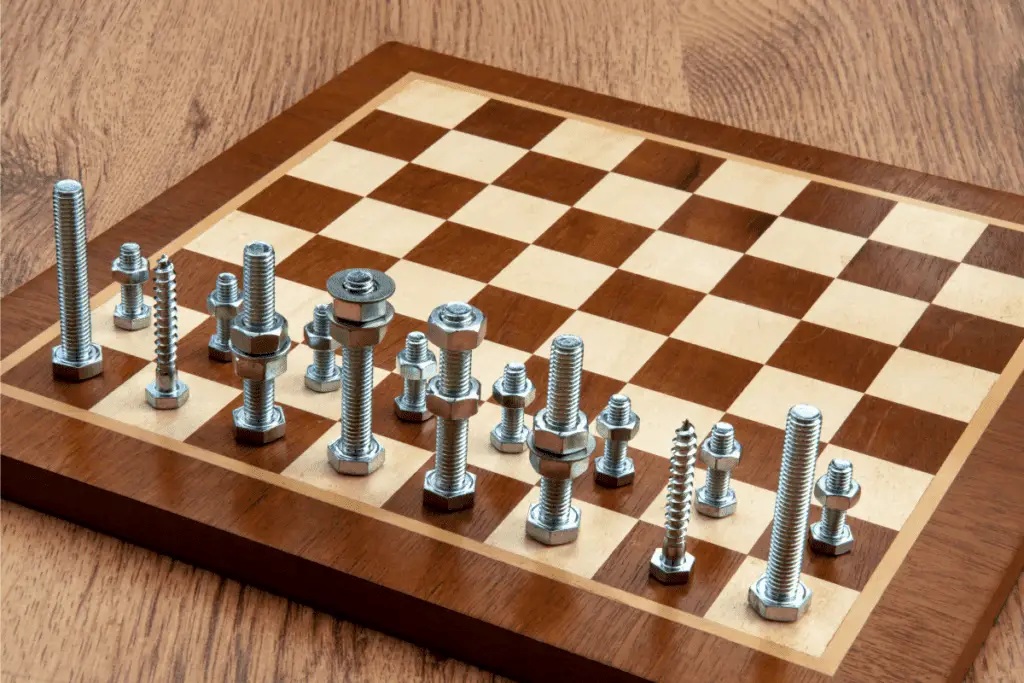
What chess may lack in athletic ability demands, it certainly makes up for in mental exertion.
Chess skill can be both physically and mentally draining over a sustained period of time, and possessing stamina is a key requirement. A chess player needs to be able to think for hours, sometimes uninterrupted- this is not an easy task.
A good example of the physicality in chess is that people have become so tired from playing a game they actually fall asleep at the board!
In order to get better at chess, you need stamina and concentration, or your elite chess players will beat you easily with their superior mental capacity and ability to keep on going when things are tough.
Conclusion: Chess can take both aspects of mind and body strength but primarily requires intense focus over long periods of time which makes it one heck of a sport – if not THE best one out there!
4. Chess is Played by Individuals and can be a Team Event
Sport being played by individuals and teams in competition against each other is an undeniable aspect of chess playing. Whilst primarily and best known as an individual one-on-one game, chess is also played by teams in a team event.
It can be argued that excelling as an individual sportsperson is much harder than doing so as a team, and whilst you may have a team behind you when the competitive action begins it is one on one.
Can there be a tougher aspect of the sport than being solely responsible for your own performance?
5. Chess Has Rules and a Governing Body
All sports have rules of play and engagement and chess is no different. Although the rules of chess might be a little bit more a read than the rules of competitive javelin throwing!
The official rules of chess are the World Chess Federation’s (FIDE) Laws of chess.
The governing body is Fide, which governs all international competitions and organizes world championship events such as the Candidates Tournament or the World Championship Match.
6. Chess Has Professional Players
The definition of a professional sportsperson is one who is either paid ar gains willfully economic benefit or payment in sponsorship or prize money for competing in the sport.
With over $1.6m up for grabs at the World Chess Championships and some players able to earn in excess of $500,000 a year from chess playing activities and related sponsorship deals, there is no doubt that chess has its own professional players.
Not all of the best chess players can earn money playing chess, however, as there is not a huge amount of prize money to go around as you might find in Tennis or Golf, as you would expect.
7. Chess is Played Worldwide
Chess is played by an estimated number of people in excess of 600,000,000.

If there is any doubt about how global the game of chess is, it would be possible to suggest that no one sports are played in as many different countries around the world as chess. It has FIDE-rated players from 189 of the 195 official countries on earth!
There are Grandmasters with 85 different nationalities, coming from places such as Albania, Faroe Islands, South Africa and Zambia, whilst Russia has the most with 234 against the US’s contribution of just 90, just behind 2nd placed Germany with 92.
8. Competitive Chess is Subject to Drug Testing
Whilst the effectiveness and necessity of drug testing in chess is in constant debate, and no one has yet to fail a drug test in chess tournaments, Chess does have anti-doping controls just as many other worldwide competitive sports have.
Why drug test a competition if it is not good sportsmanship to play by the rules and not be helped by performance-enhancing substances.
Professional chess players can expect random, if infrequent, drug-testing at any official events.
Professional chess has also been subject to interference from COVID-19 closures throughout 2020, meaning strict testing is likely when physical tournaments recommence.
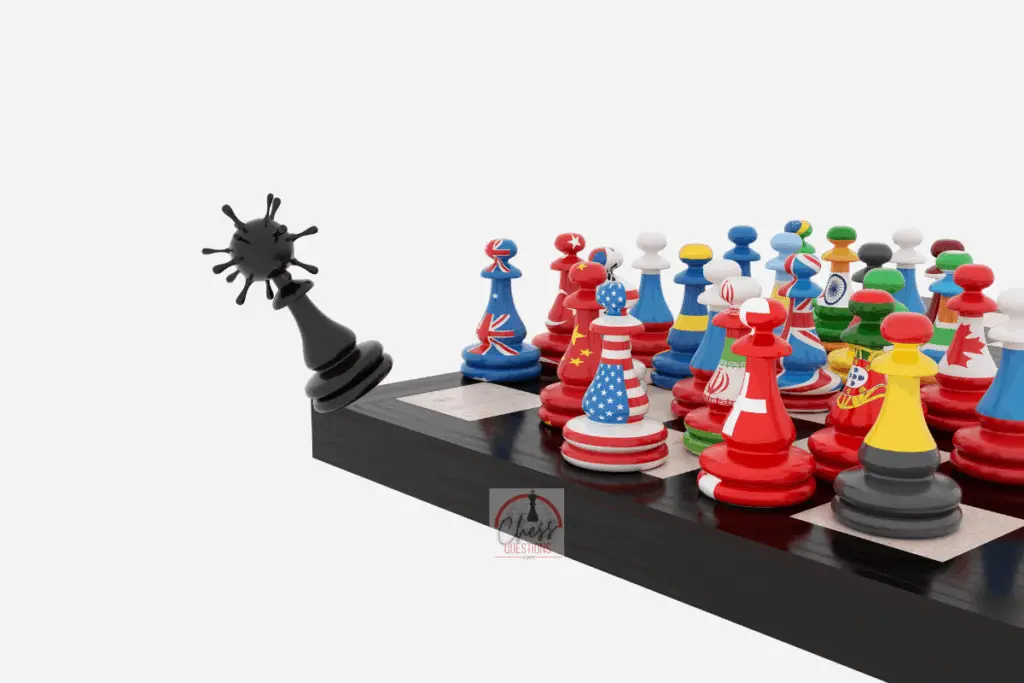
9. Nearly Forgot Sportsmanship (Or is that Sportspersonship now?)
In any case, sportsmanship is considered as ‘fair and generous behavior or treatment of others, especially in a sporting contest and context’
Where else would you have sportsmanship than in sport, and a chess match is no different.?
Sportsmanship is considered important in chess etiquette and there have been instances of forfeits being placed on players who have refused the pre-match handshake as a rule.
Etiquette and sportsmanship in chess are important for the ‘gentlemanly conduct of a player’ and it is not uncommon for chess games to be played with good sportsmanship.
It is not unheard of that players thank their opponents after victories, and many grandmasters have been seen shaking hands with all their rivals when exiting the playing hall at tournaments.
The World Chess Federation has also published guidelines on how to behave in chess competitions.
which included saying “There are two golden rules: first never try to disturb your opponent; second avoid as far as possible any discussion or argument about anything other than one’s play.”
10. Chess + Boxing = Chess Boxing
Ok, slightly cheaty and not exactly chess, but anyone not confident that there is enough presentation of the facts that chess is a sport, can have no arguments about the sportiness of chessboxing.
Conclusion on whether chess is a sport or not.
I hope that all of these reasons in support of the Olympic committee decreeing that chess is a sport has convinced you that indeed chess does deserve a placing on the sporting stage. I would love to see the additional exposure it might bring and what new talent may be discovered.
I hope you’ve enjoyed reading this blog post about whether chess is a sport or not! Thanks for stopping by 🙂
– Happy Chessing


